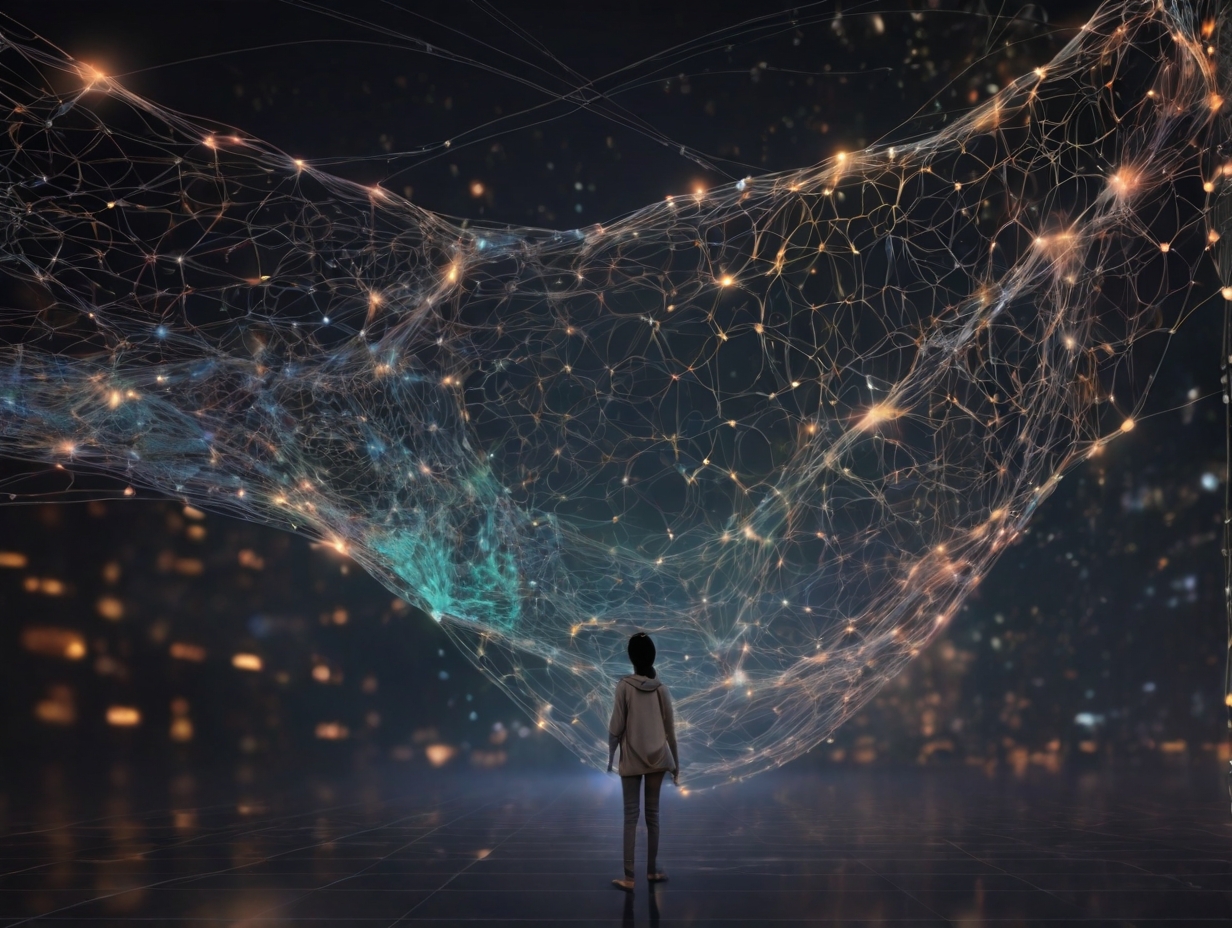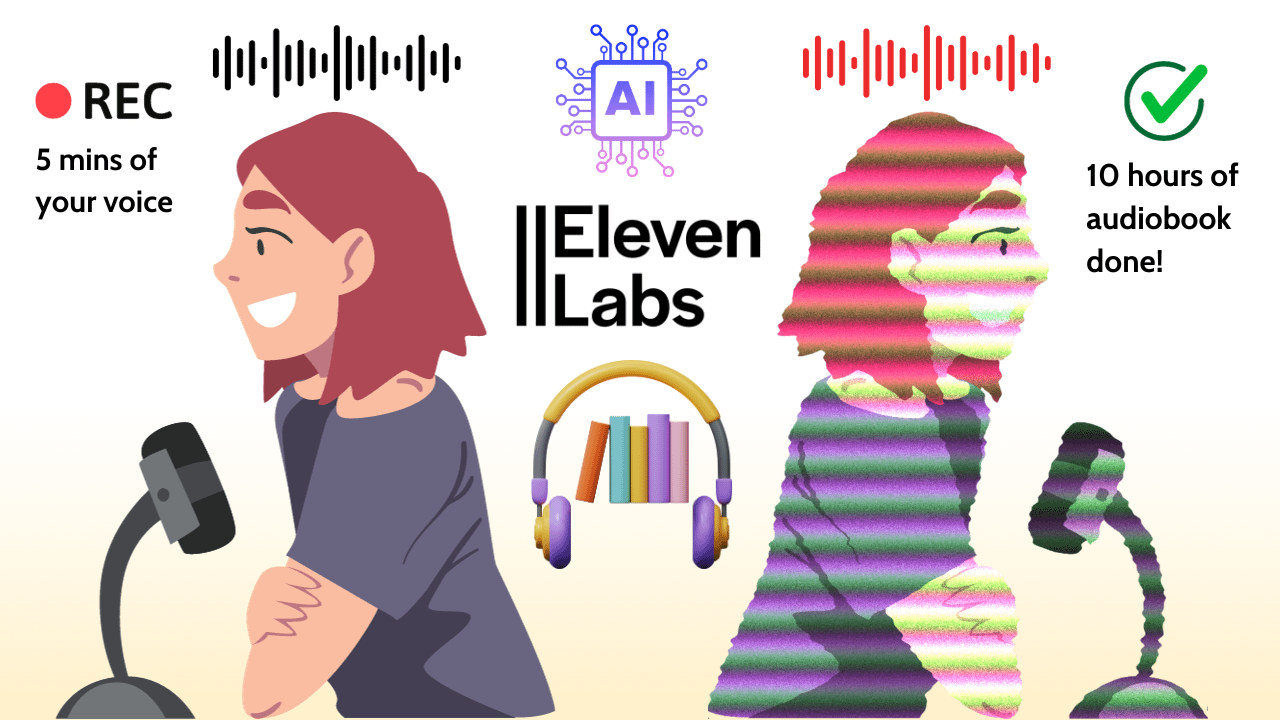In a recent interview Sam Altman, the OpenAI CEO, unveiled another dimension of UBI adaptation to AI robotics innovation. Besides endorsing the traditional notion of UBI consisting of the linear cash transfers (a safety net), Altman advanced another concept which he dubbed “Universal Basic Compute.”
Potential benefits and challenges
As Altman puts it, the forthcoming AI systems will be so sophisticated and capable of doing things that the human workers do nowadays, a new social contract may be needed. Unlike the regular UBI programs that take its funds from the current output, he thinks that the real future is where humans receive their ownership share of an AI system’s raw computational power.
He clarifies that instead of giving us money to spend, we can rent out a little of the capability of the leading AI models so we can use it. Every person could do whatever they wanted with that processing power, and they could use it for their own tasks or causes that they are interested in or even rent it out and make money.
“The Universal Basic Compute is a very good idea, but it raises several issues like digital literacy, fair access to computing resources and the role of the centralized AI systems in society,” AI ethics researcher Emma Barker.
Emma adds that the most challenging aspect is the fact that both technological and social barriers must be tackled in order to develop the system accommodating the needs of the whole society.
OpenAI CEO on AI future
Even with its challenging nature in mind, Altman insists that the role of a technologist today is to face such fundamental issues, particularly as the AI technologies continue to grow at a rapid pace. Through the implementation of disruptive technologies, the employment structure can be changed and thus, it may be necessary to find a way to maintain the stability and prosperity of the society.
Altman claims that experimenting with untraditional approaches such as a computational dividend and pushing those ideas into the agenda would be among the ways to warrant a more equitable distribution of the results. These are absolutely the kinds of discussions we ought to start having right away.
Only the time will show if Altman’s “Universal Basic Compute” concept will be popular or will remain a just another hypothesis. On the other hand, the ideas from a brilliant AI leader such as Altman will very likely generate important discussions about preemptively maneuvering around the complexities AI society will encounter in the next few years.





